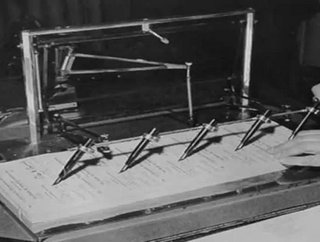How to become a Chief Procurement Officer (CPO)

Like most executive-level jobs, it starts with higher education.
To refresh your memory a Chief Procurement Officer is in charge of managing the purchases of supplies, equipment, raw materials, and products necessary in manufacturing, office, and retail settings. A CPO has to balance cost-effective spending and service. A CPO manages pending across marketing, travel, information technology, consulting, real estate, security, transportation, but must do so while enhancing customer satisfaction, quality, and on-time delivery.
It’s a job that requires conducting extensive economical research about industry to make procurement decisions. The backgrounds for CPOs usually include a bachelor’s degree in business administration or economics and most of the major CPOs you see today have master’s or doctorates with a detailed background in economics, business management, statistics, math and communications.
Our affiliate site, ExecDigital.com, profiled the top business schools in the United States recently and there are a few schools that stand above the rest in the race to set you up with a job as a CPO.
1. University of Chicago Booth School of Business
2. Harvard University Harvard Business School
3. University of Pennsylvania The Wharton School
4. Northwestern University Kellogg School of Management
5. Stanford University Graduate School of Business
See the full report here: Top US Business Schools
As bachelor degrees become a norm in today’s society, it will become increasingly more important to enter master’s or doctorate programs to thrive in a vastly competitive job market. While difficult and like it might no seem worth it, a Master’s degree from any one of the aforementioned schools would afford you the luxury of earning $100,000 or more at your first job. If you just go the bachelor degree route, which is completely ok too, then becoming a CPO is a lot more about rising among the ranks of your coworkers. A master’s or doctorate gives you an inside track to front-end executive status.
Another important step, which is applicable to anyone in the Supply Chain industry, is acquiring certification credentials from nationally-recognized business organizations. Hopeful CPOs can take a written exam administered by the Institute for Supply Chain, which can then be leveraged against employers as proof of your knowledge of the procurement process. Most countries have national boards similar to issue similar credentials that the US does.
Whether by school, trade, or accreditation, higher learning is certainly the common denominator among today’s top executives.






